10 Foods That Make Inflammation Worse
January 26 2018When it comes to staying healthy and pain-free, chronic inflammation is pretty much your enemy. To stop fanning the flames within, start loading up on whole, unprocessed foods, plenty of fresh fruits and vegetables, and spices such as garlic, ginger, and turmeric. Meanwhile, you’ll want to cut way back on these 10 damaging items.
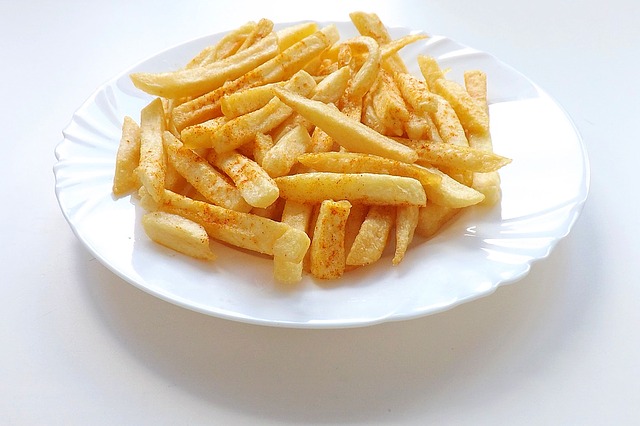
French fries
It’s hard to choose a side salad in the face of French fries, but your body will thank you every time you do. While you’re at it, skip the fried fish and chicken fingers. Research from the Icahn School of Medicine at Mount Sinai shows that when people cut out fried food, markers of inflammation in their body diminish, too.
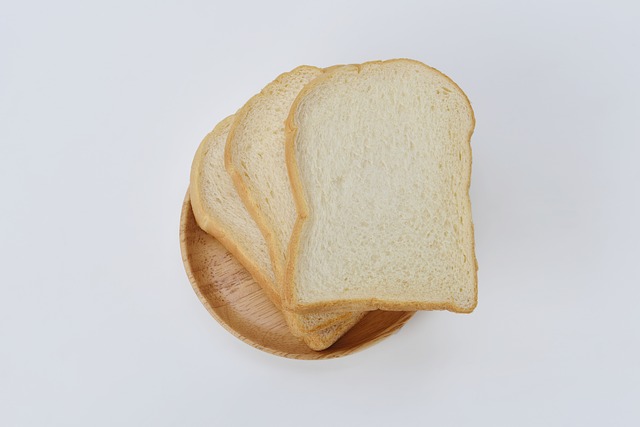
White bread
“Foods that are high in refined flour produce pro-inflammatory signals like cytokines,” says Victoria J. Drake, PhD, manager of the micronutrient information center at the Linus Pauling Institute. And while white bread is certainly a major source of refined flour in the American diet, it’s far from the only one. Most packaged snacks are loaded with it, which is why Drake and other experts urge a ditching them in favor of whole foods.

Coffee creamer
Whether your pleasure is hazelnut or French vanilla, you’re probably getting more than you bargained for when you pour that creamer into your coffee. The main problem here is trans fat—a known trigger of inflammation. And just because the label reads “zero grams trans fat” doesn’t mean you’re safe; food manufacturers are allowed to say that as long as the product contains less than half a gram of trans fat per (teeny tiny) serving. “No one ever measures how much coffee creamer they are taking,” says Lori Zanini, RDN, CDE, an Academy of Nutrition and Dietetics spokesperson. Always read the ingredients list; “partially hydrogenated oil” is code for trans fat.
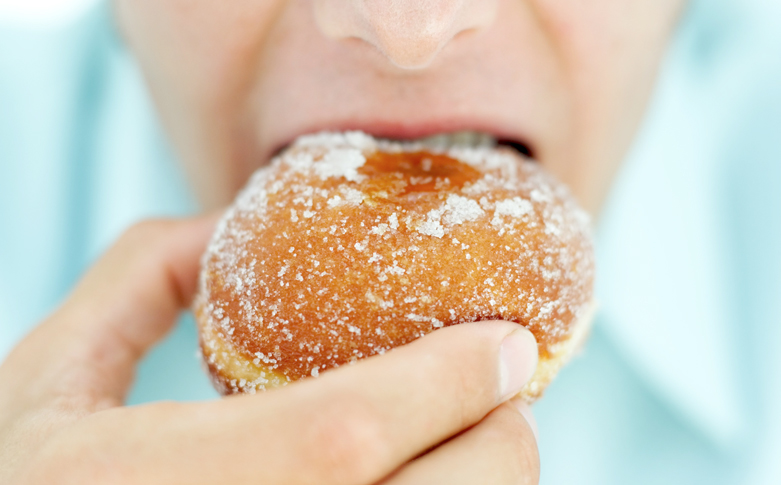
Doughnuts
Refined flour plus tons of sugar is a surefire way to spur your body to produce those pro-inflammatory signals, according to Drake. Watch out for other pastries, like cookies and cakes, as well.

A second glass of wine
While some research suggests that a little alcohol—no more than one serving a day for women—might quell inflammation a bit in some people, it’s clear that any extra booze will provoke it. So either strictly adhere to the recommend cut-off or don’t drink at all, says Alexandra Caspero, RD, founder of Delish Knowledge.
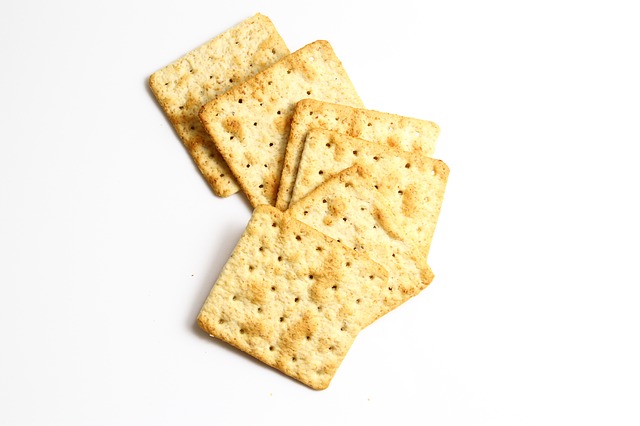
Crackers
Often labeled with healthy-sounding but meaningless terms like “multigrain,” crackers tend to be highly-processed and loaded with refined flour, sugar, and trans fat. They also often have oils, like soybean, safflower, and corn oil, that are rich in omega-6 fatty acids, which can contribute to inflammation, says Zanini.
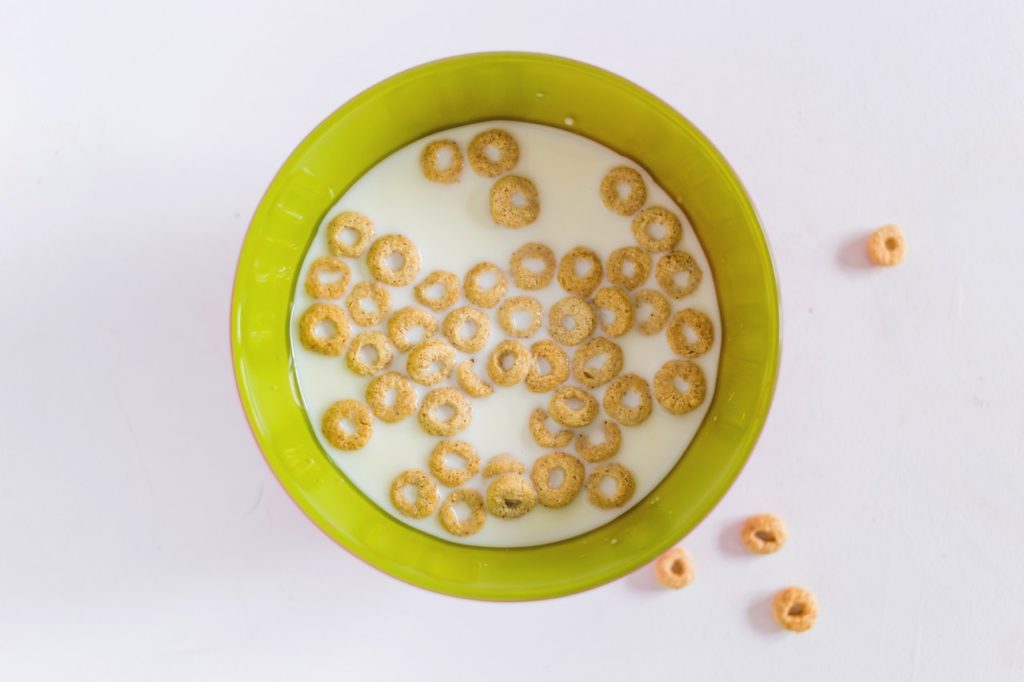
Breakfast cereal
“Some are healthy, but many are glorified dessert,” says Zanini. Look for a low-sugar option with whole grains and plenty of fiber—an important part of an anti-inflammatory diet, according to Caspero.
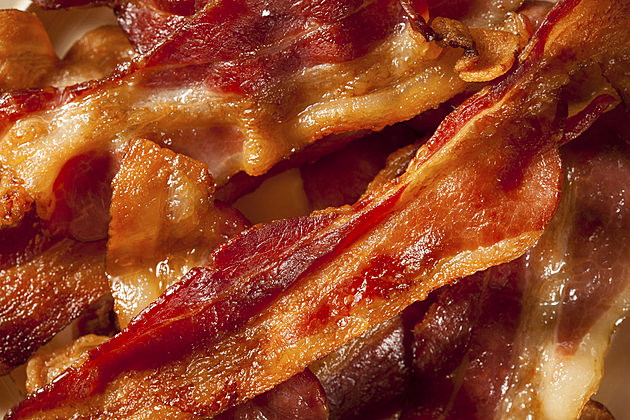
Bacon
Even though saturated fat has been getting some positive press lately, there’s no green light to binge on bacon. “Processed saturated fat, the kind in bacon, hot dogs, and bologna, also contributes to inflammation,” says Zanini.
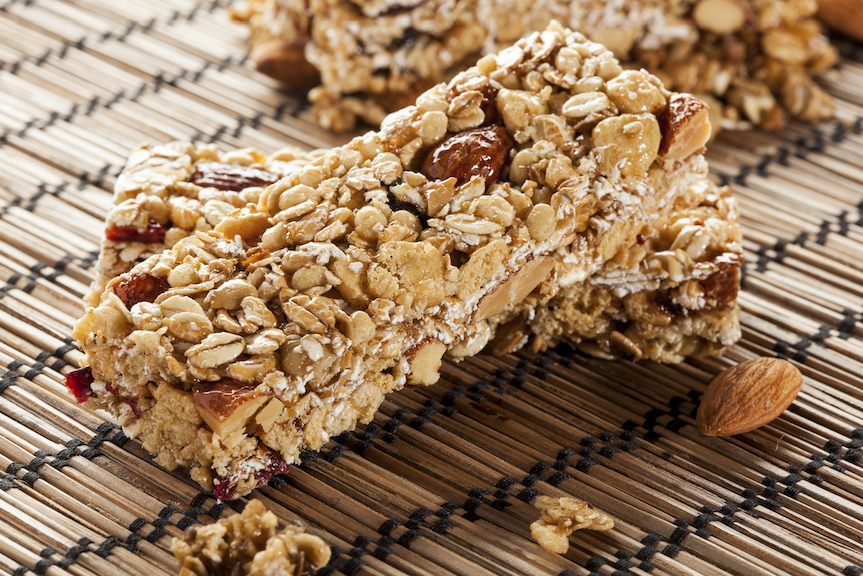
Granola bars
Be cautious when it comes to packaged foods touting health claims, like granola bars and other so-called meal replacement or nutrition bars. “A lot of granola bars have more sugar than a doughnut,” says Caspero. Choose those with less than 8 g of sugar and a list of ingredients that you actually understand.
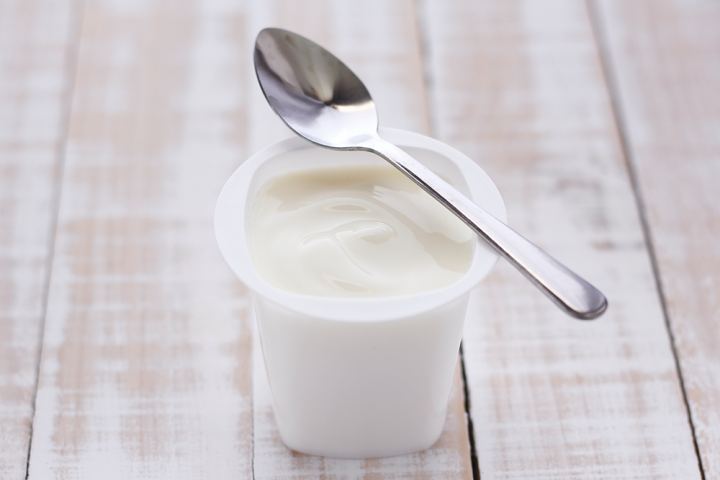
Sweetened yogurt
Plain yogurt is generally a dietician-approved kind of food, but when you start adding fruity flavors to the mix trouble ensues. “All yogurt has lactose, a kind of milk sugar,” says Caspero. What you really want to watch out for is an excess of added sugar, which might be listed as brown rice syrup, agave, molasses, etc. “Some manufacturers use a lot of different kinds of sugar to prevent any one type of sweetener from appearing high up on the ingredients list,” says Caspero. The best way to play it safe: Opt for the plain stuff and swirl in some fresh fruit.
Sourced from Prevention.
